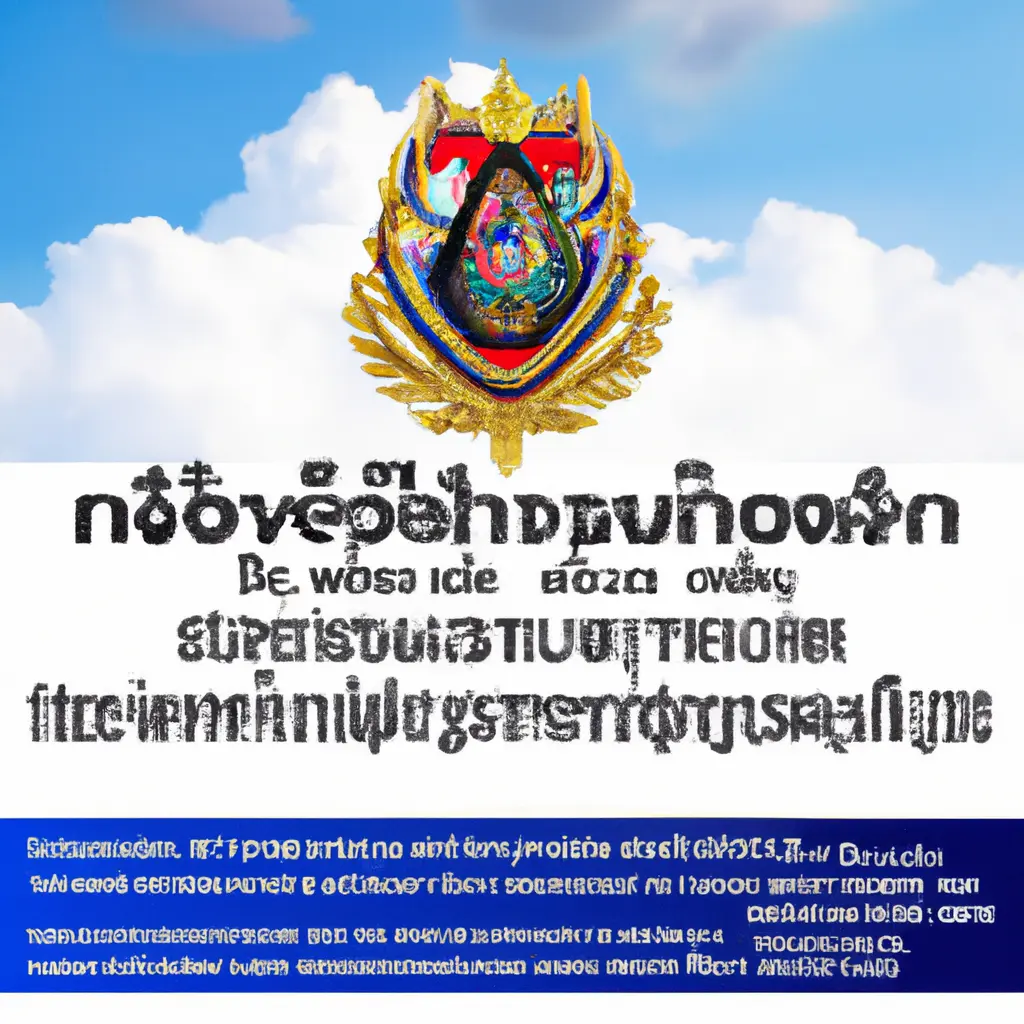Kindergarten: 3-year-old child died, violated standards of care.

On Monday, Jan. 23, 2566, at 5:07 p.m., Bolnica Pumipon Adulyadeeth, a unit of Air Force military physicians, provided a statement. According to social media posts and one program, there was a report of patients being treated at the Pumipon Adulyadeeth Bolnica, a unit of Air Force military doctors, and the subsequent deaths of patients. Bolnica wanted to clarify the following about the treatment of patients.
According to social media posts and a program regarding the treatment of children who were treated at Pumipon Adulyadeeth Bolnica, a unit of Air Force military doctors, and later died there, Bolnica wanted to clarify the following information about the treatment of patients. This child came to the hospital with a high fever the day before admission. An external examination revealed no other abnormalities other than a high fever.
The pediatrician suspected it was an acute fever and decided to keep the child in the hospital for treatment and additional observation and to perform additional laboratory tests, including a repeat blood test, bacterial culture from the blood, a search for virus in respiratory secretions, and a stool test for bacteria. All test results showed no infections.
The patient still had a high fever the next morning, however, and the physician re-examined and evaluated the condition. The doctor decided to do additional tests, including repeat blood work, bacterial culture from the blood, and stool testing for infections. Although the patient was already receiving anti-antibiotics to cover a possible bacterial infection in the blood, the patient's condition worsened.
He began having seizures within about 30 seconds, and doctors were called to assist. After the convulsive seizure, the patient felt better and the physical examination findings were normal, but half an hour later he had another convulsive seizure. This indicated the need to provide the patient with antiepileptic medication.
This evening, the patient began bleeding from vomit and was having difficulty breathing, so the attending physician inserted a tube to support breathing.
1 May 2025
14 May 2025
The patient's relatives were notified of the patient's condition several times during his treatment at the hospital. Although the doctors and nurses did everything possible, the patient died the following evening. Pumipon Adulyadej Hospital, Air Force Military Physicians Division, extends its deepest condolences to the patient's family for this loss.
The hospital confirms that the treatment of this patient met professional standards in all respects. However, the hospital applied to the National Bureau of Health Insurance, under Section 41 of the National Health Insurance Act, to obtain financial assistance for the family of the deceased patient. However, that decision is up to the National Health Insurance Bureau.
The hospital also explained the details of the patient's condition, the treatment received and the cause of death to the patient's relatives. However, if a patient's parents have any concerns or questions, they are willing to discuss them. However, disclosing patient information publicly or to disinterested parties is a violation of the Patient Data Protection Act. Pumipon Adulyadej Hospital, a unit of Air Force military doctors, strictly enforces this law.
Tags
Comment
Popular Posts

Subscribe to the newsletter from Hatamatata.com!
Subscribe to the newsletter from Hatamatata.com!
I agree to the processing of personal data and confidentiality rules of Hatamatata